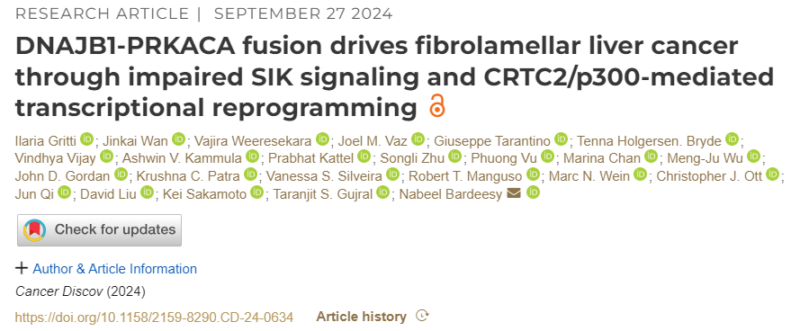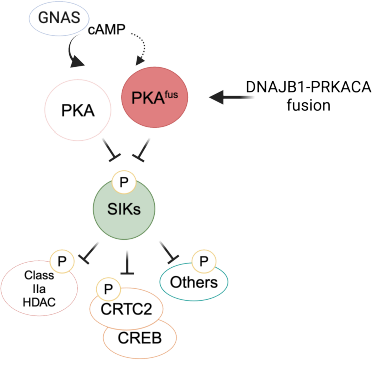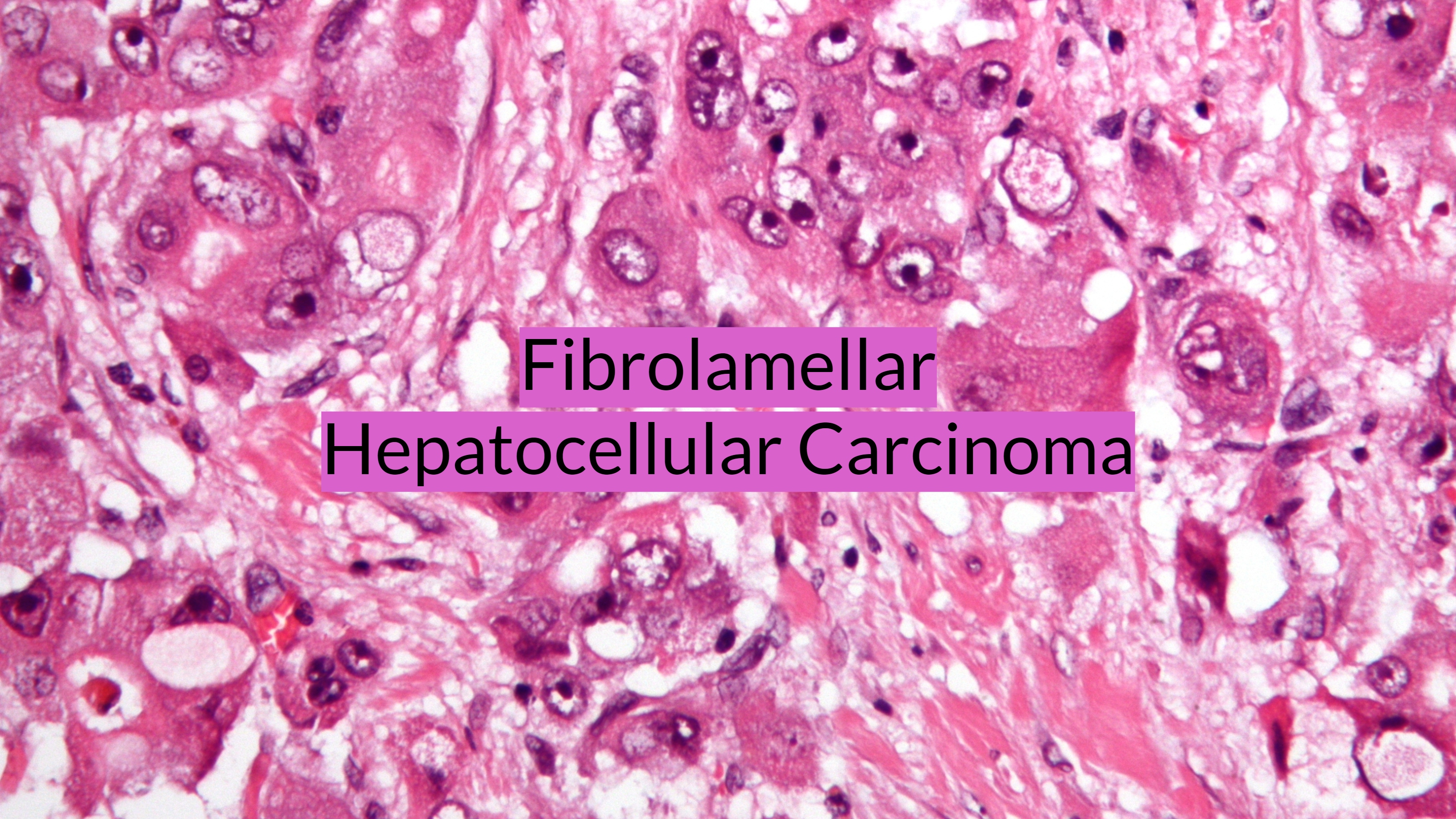Ilaria Gritti shared a post on X, by Elizabeth McKenna, about a recent paper published in Cancer Discovery.
Authors: Ilaria Gritti, Jinkai Wan, Vajira Weeresekara, Taranjit Gujral, Nabeel Bardeesy, et al.

“Excited to share our new work on how DNAJB1-PRKACA drives cancer cell growth in Fibrolamellar Carcinoma.
Thanks to all our collaborators and funding support.”
Quoting Elizabeth McKenna’s post:
“Now online in Cancer Discovery: DNAJB1-PRKACA Drives Fibrolamellar Liver Cancer via Impaired SIK Signaling and CRTC2/p300-mediated Transcriptional Reprogramming – by Ilaria G Gritti, Jinkai Wan, Taranjit Gujral, Nabeel Bardeesy, et al.”
Meng-Ju Wu shared Ilaria’s post, adding:
“Excited to to share Dr. Gritti’s (my wonderful colleague) work on DNAJB1-PRKACA in Fibrolamellar Carcinoma, a rare but aggressive liver cancer in young people. Limited models make studying FLC tough, but this research is a huge step forward!”

Ilaria G. Gritti is a Postdoctoral Researcher at Harvard Medical School and Massachusetts General Hospital, as well as the Broad Institute of MIT and Harvard. She specializes in immunology and oncology, focusing on DNA damage and genomic instability.
Elizabeth McKenna is the Executive Director of Cancer Discovery at the American Association for Cancer Research. Elizabeth earned her PhD from Harvard University and trained with Dr. Charles Roberts at the Dana-Farber Cancer Institute. Her research was among the first to show that pediatric tumors characterized by mutations in chromatin remodelers are genomically stable and instead driven by epigenetic deregulation of key target genes.
Meng-Ju Wu is an incoming Assistant Professor at UMass Chan Medical School. He has served as an Instructor at Harvard Medical School and Massachusetts General Hospital, as well as an Affiliate Postdoctoral Scholar at the Broad Institute of MIT and Harvard. His research spans a variety of cancers, including breast, liver, head and neck, and skin cancers.
